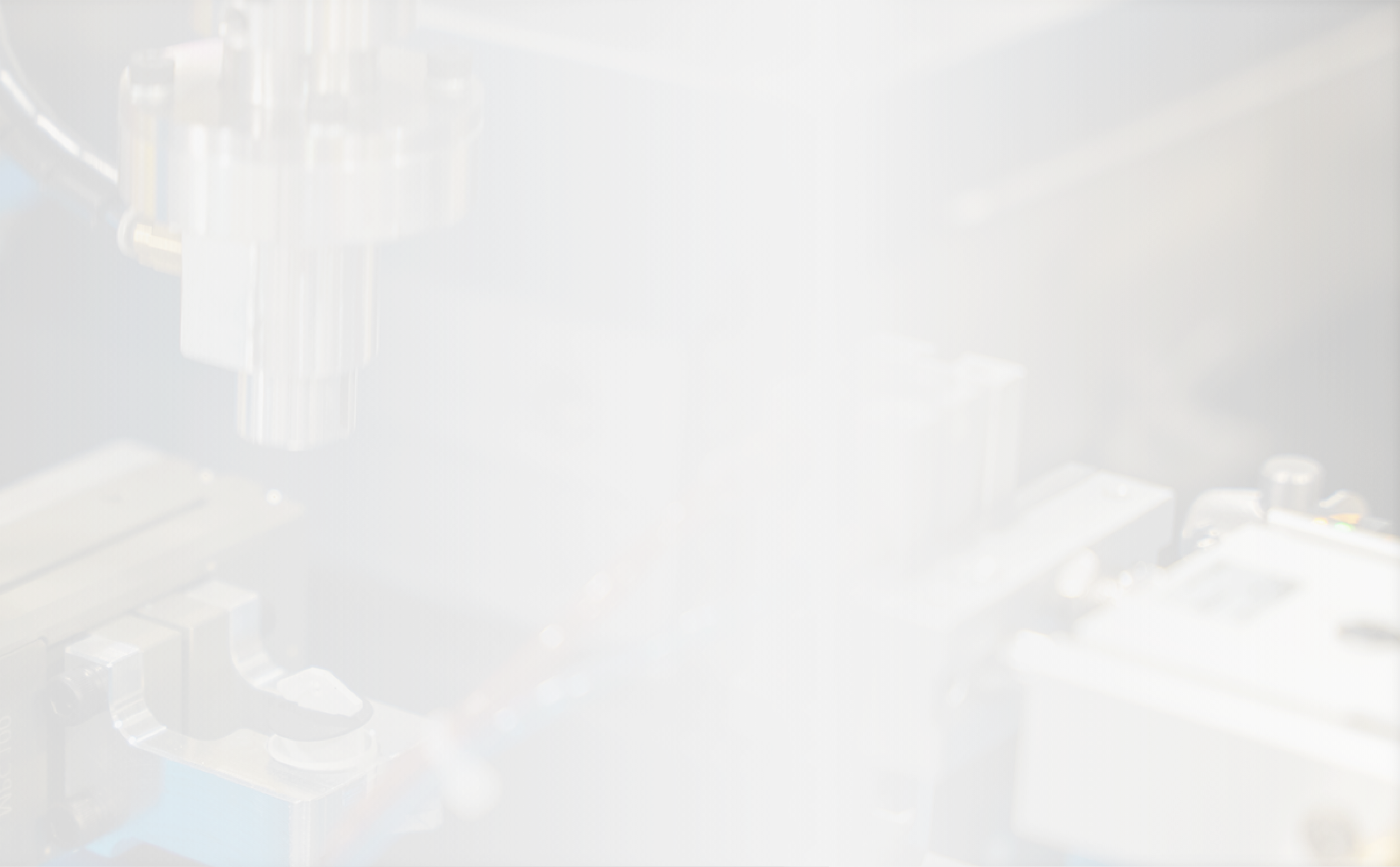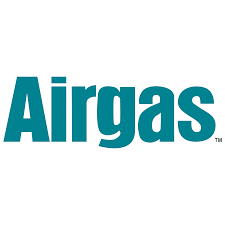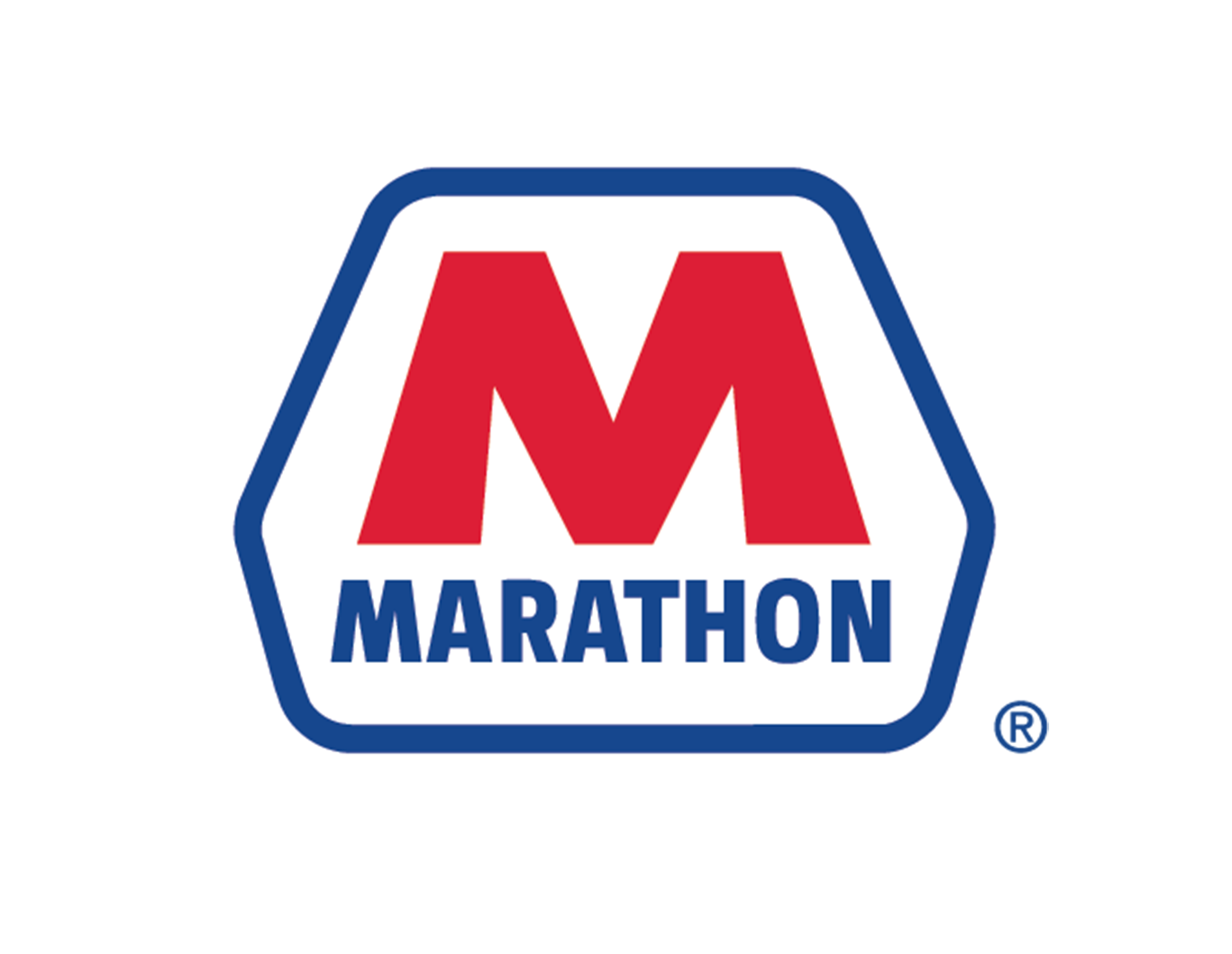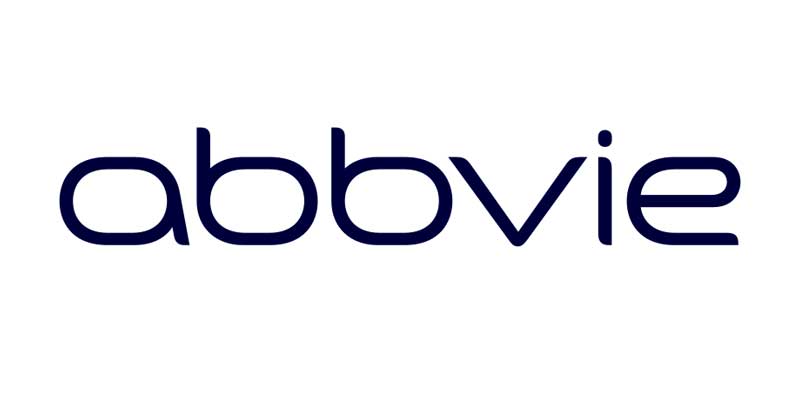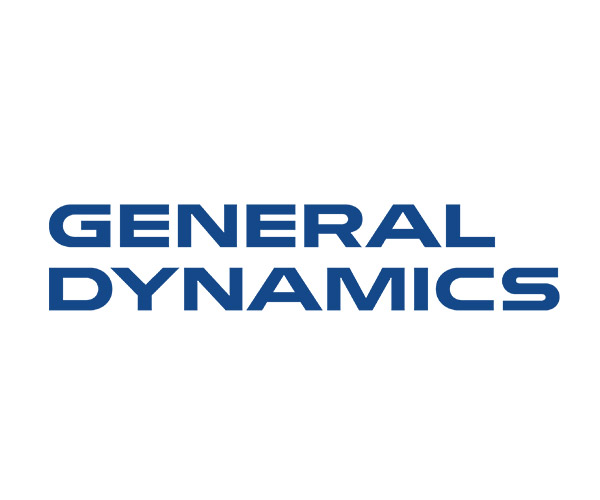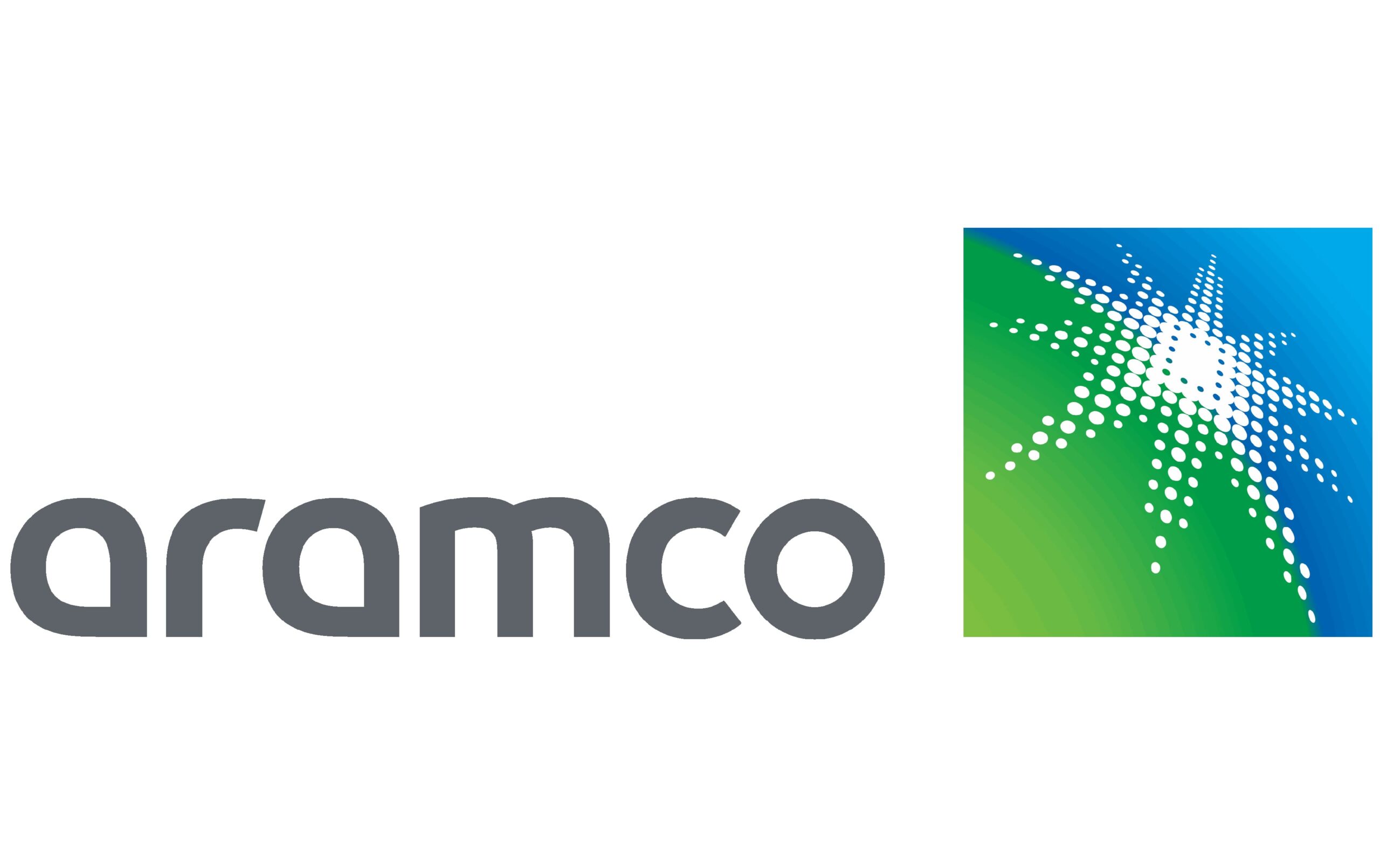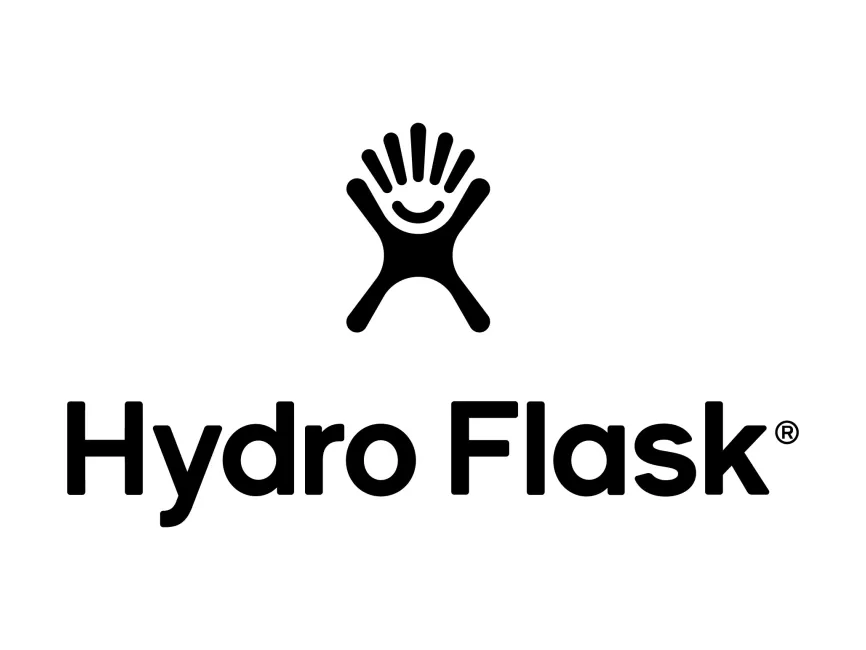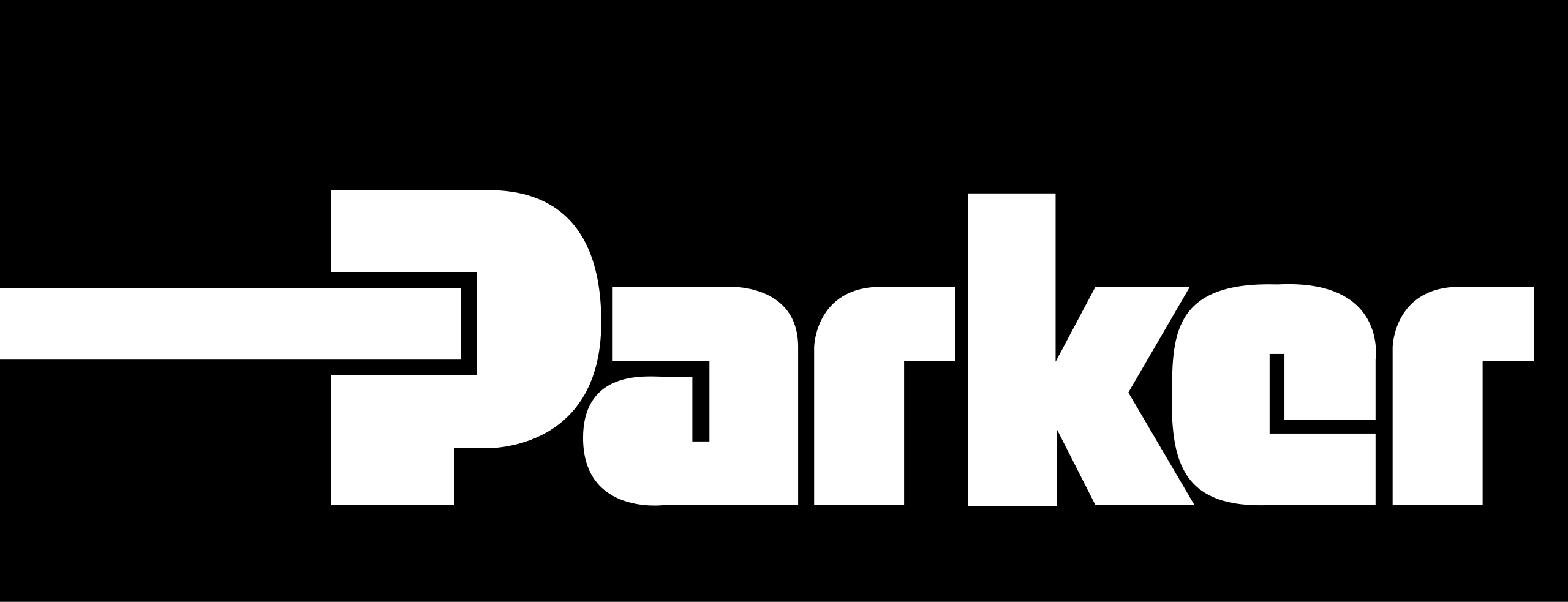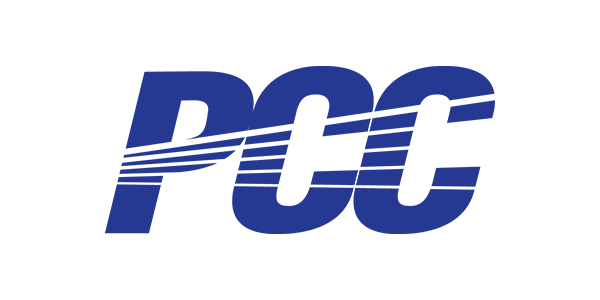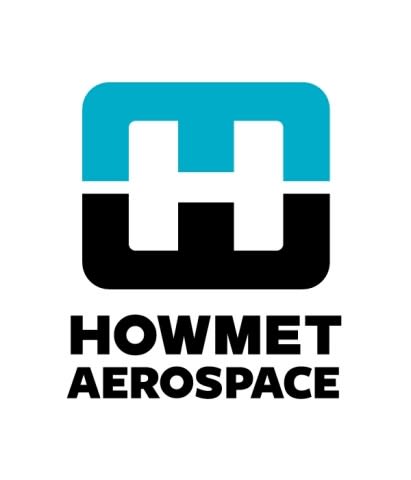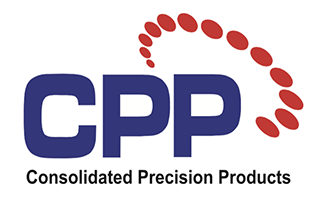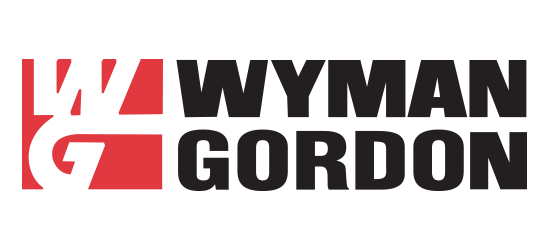Consumer Products
If SKU counts are rising, changeovers are eating into uptime, and labor is tight, consumer goods automation from South Shore Controls helps you stabilize throughput, raise quality, and respond faster to demand shifts. Our team designs, builds, and supports automation that fits your operation, so you can launch new products with confidence and scale production without sacrificing consistency

Consumer Product Assembly Automation Capabilities
From discrete subassemblies to complete units, our consumer product assembly automation addresses precision, repeatability, and traceability across a wide range of materials and geometries. We balance accuracy, cycle time, and maintainability so stations run day in and day out with minimal intervention.
- Robotic pick‑and‑place and kitting
- Screwdriving, pressing, staking, heat sealing, and ultrasonic welding
- Adhesive and sealant dispense with verification
- Vision‑guided alignment, presence/position checks, and cosmetic inspection
- Functional testing, leak/pressure testing, and electrical test
- Laser marking, serialization, and traceability
- Error‑proofing (Poka‑Yoke), torque/force monitoring, and recipe control
- Automated packaging, labeling, case packing, and palletizing
- Conveyance, accumulation, buffering, and line control
Custom Automation for Consumer Goods Manufacturers
Every product family and plant layout is different. Our team delivers custom automation consumer goods projects that harmonize with your standards, utilities, and maintenance practices. You get equipment designed for your materials, cycle time, and quality targets, with intuitive HMIs, robust controls, and clear documentation for smooth handoff to operations.
Consumer Goods Automation That Scales
Launching a new SKU or expanding a line doesn’t have to disrupt your schedule. We plan for phased deployment, FAT/SAT, and operator training to accelerate adoption. From pilot cells to full lines, our approach to consumer goods automation keeps your roadmap in view so today’s investment supports tomorrow’s demand.
Typical Line Integrations
We integrate station‑level equipment into cohesive lines with unified controls, safety, and data layers. The components below are commonly included and can be phased in to match scope, budget, and timeline.
- Primary packaging: Forming, filling, sealing, capping, and labeling
- Secondary packaging: Cartoning, case packing, bundling, and shrink
- End‑of‑line: Checkweighing, vision verification, palletizing, and stretch wrap
- Utilities and support: Changeover carts, spare kits, and maintenance access
Single‑Source, End‑to‑End Delivery
Streamline your project with one accountable partner from concept to sustained production. Our single‑source model reduces handoffs and accelerates timelines.
Advantages of Single‑Source Automated Solutions
Selecting a single accountable partner reduces risk and clarifies ownership at every stage. Here’s how our single‑source delivery model pays off throughout the lifecycle.
- Consistency and alignment. One team manages design, build, integration, and support to maintain a shared vision and uniform quality.
- Efficient communication. Engineering intent carries through to the floor. Decisions move fast, and details don’t get lost between vendors.
- Faster time‑to‑market. Parallel workflows and coordinated schedules help you hit launch dates and respond to market shifts.
- Integrated problem solving. Feedback from commissioning and support loops directly into design improvements for lasting reliability.
- Cost efficiency. Fewer change orders, less duplication, and standardized components reduce lifecycle costs.
- Clear accountability. A single point of contact owns the outcome from day one to day two‑thousand.
- Customization and adaptation. Tooling, recipes, and software are built to evolve with new formats and materials.
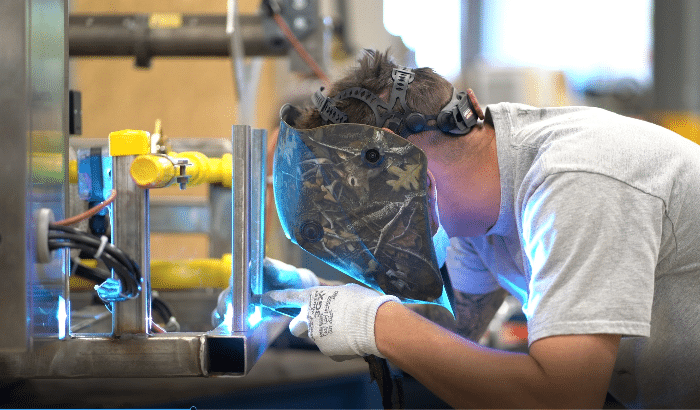
Results You Can Expect
Outcomes vary by scope, but our CPG automation programs consistently move the KPIs that matter. After stabilization, teams typically see improvements like the following.
- Higher OEE and consistent takt adherence
- Scrap and rework reduction through in‑line verification
- Shorter changeovers with guided, mistake‑proof steps
- Redeployment of labor to higher‑value tasks
- Improved traceability and easier audits
- Safer, cleaner, and more maintainable work cells
Frequently Asked Questions
Have questions about scope, timelines, or ongoing support? These FAQs cover common topics we address during early project planning and discovery.
What is system integration?
System integration brings your equipment, controls, and software together so the overall operation functions as one coordinated system. Examples include adding robotic pick‑and‑place to an existing line, implementing presence and position monitoring, or connecting stations to share data and recipes.
Which consumer product categories do you support?
We support a broad range of consumer products, from personal care and household goods to small appliances and seasonal items. Engagements often include primary and secondary packaging, discrete assembly, and end‑of‑line automation.
How long does a typical project take?
Timelines vary by scope. Concept and specification are followed by design, build, FAT, installation, SAT, and ramp‑up. We provide a clear schedule with milestones and status updates to keep stakeholders aligned.
Do you offer training and ongoing support?
Yes. We provide operator and maintenance training, documentation, spare parts lists, and continued support options to sustain performance over time.
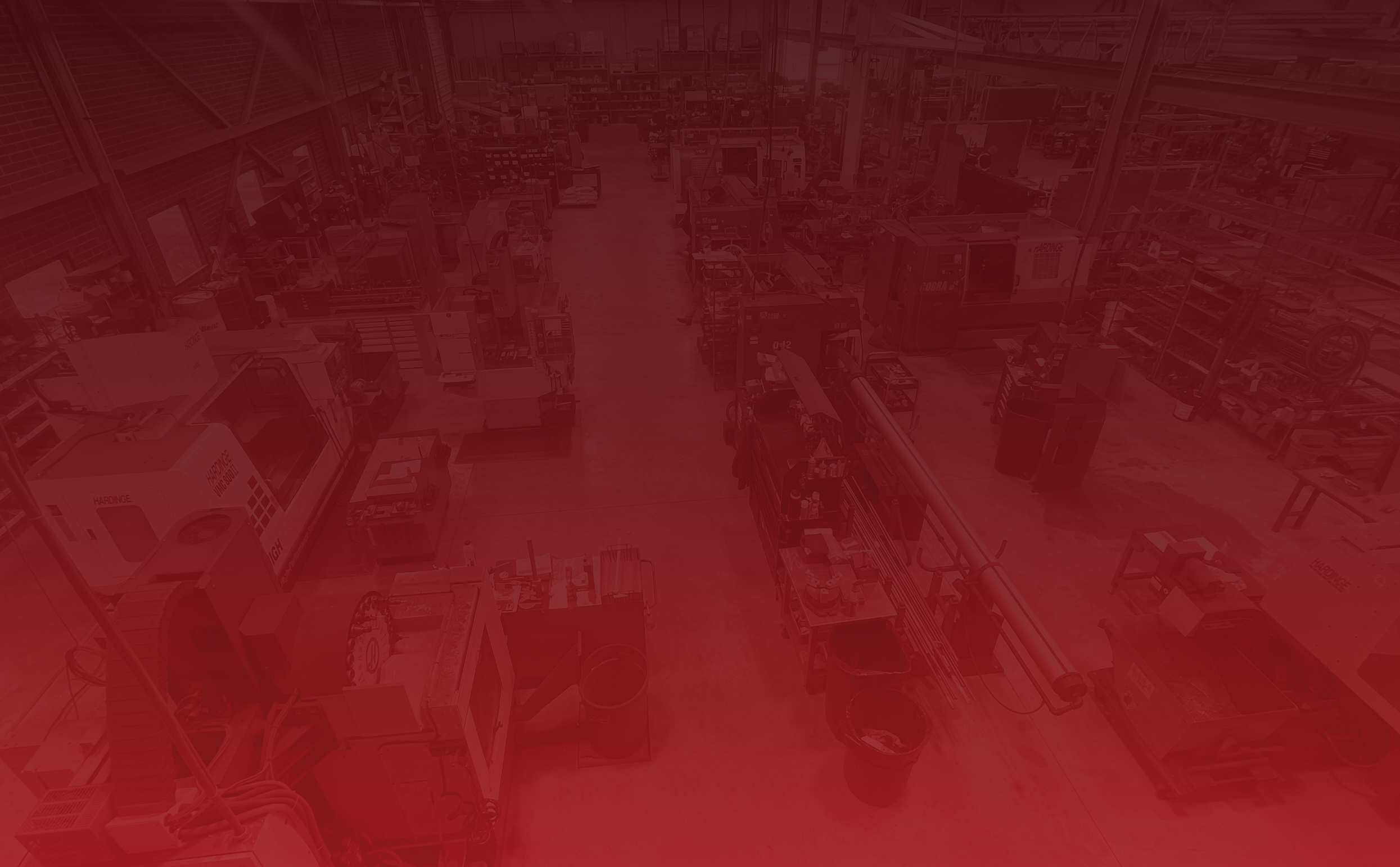
Discuss Your Project with Our Team Today
Contact our automation and controls experts to learn how we can help improve and automate your manufacturing processes.
